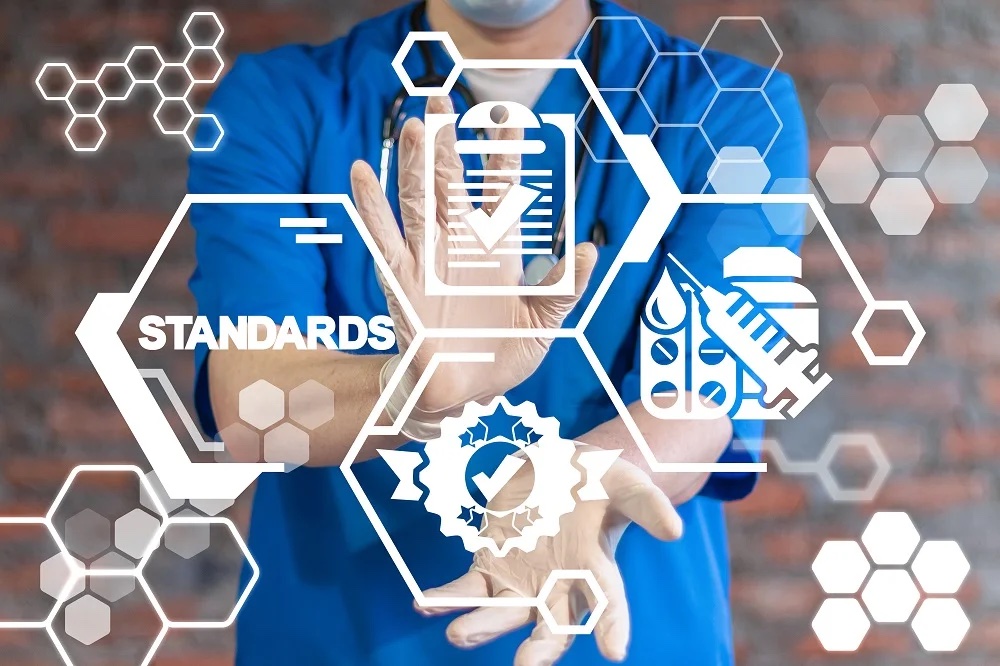Navigating the Complexities of Medical Device Regulations: A Guide for Importers and Distributors
 Apr 30, 2023|
Apr 30, 2023| View:470
View:470
As an importer or distributor of medical devices, you know how important it is to comply with international regulations. However, navigating the complexities of these regulations can be a daunting task. That's why we've put together this guide to help you understand the key regulations that apply to medical devices and how to ensure your products meet these requirements.
1. International Regulations for Medical Devices
Medical device regulations vary by country, but there are several international standards that apply to most markets. The most important of these are the CE Marking and ISO13485.
The CE Marking is a mandatory conformity mark for products sold within the European Economic Area (EEA). It indicates that a product complies with EU health, safety, and environmental protection standards. To obtain the CE Marking, medical device manufacturers must follow a rigorous process that includes testing, documentation, and certification by a notified body.
ISO13485 is an international standard that outlines the requirements for a quality management system specific to medical devices. It covers all aspects of the product lifecycle, from design and development to production, installation, and servicing.
2. Ensuring Compliance with Regulations
To ensure compliance with medical device regulations, importers and distributors must work closely with their suppliers to verify that all products meet the necessary standards. This includes reviewing documentation such as certificates of conformity, technical files, and risk assessments.
It's also important to conduct regular quality control checks to ensure that products continue to meet regulatory requirements. This may include testing samples of products, inspecting packaging, and reviewing documentation.
3. The Consequences of Non-Compliance
Non-compliance with medical device regulations can have serious consequences for importers and distributors. This may include fines, legal action, or even the suspension of business operations.
In addition to legal consequences, non-compliance can also damage your reputation and lead to loss of business. Customers expect medical devices to be safe and effective, and failure to comply with regulations can put their health and safety at risk.
4. Partnering with a Supplier with Regulatory Expertise
Navigating the complexities of medical device regulations can be challenging, but partnering with a supplier with strong regulatory expertise can help ease the burden. A reputable supplier will have a thorough understanding of the relevant regulations and can provide guidance and support throughout the compliance process.
At Changzhou Health, we pride ourselves on our regulatory expertise and commitment to compliance. Our CE and ISO13485 certifications demonstrate our dedication to producing high-quality medical devices that meet international standards.
In conclusion, compliance with medical device regulations is essential for importers and distributors. By understanding the key regulations, ensuring compliance, and partnering with a supplier with regulatory expertise, you can navigate the complexities of these regulations and ensure that your products meet the necessary standards.





